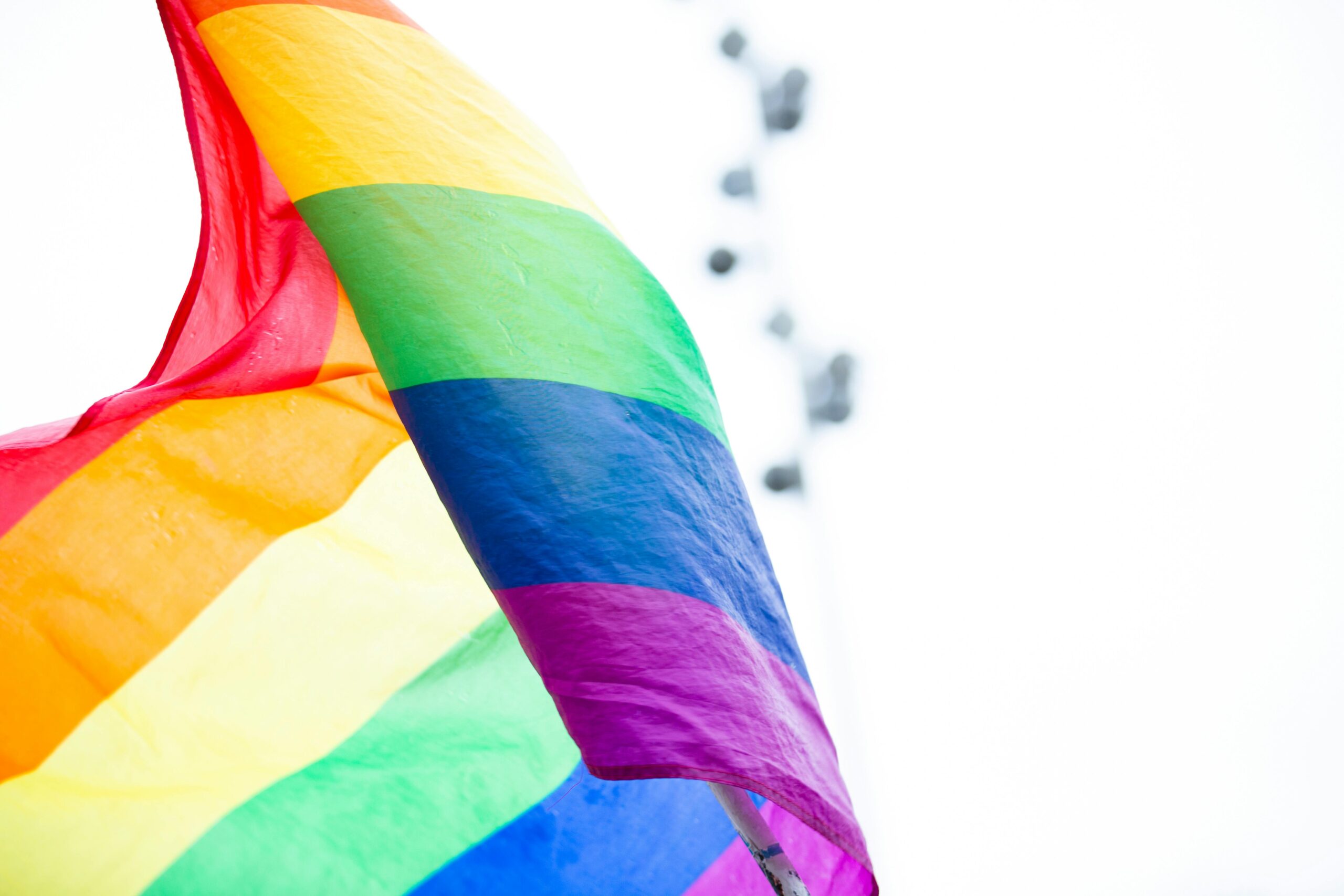
Even as the opioid crisis gains increased attention in the U.S., there remains a prevalent stereotype that associates substance use disorders (SUDs) primarily with white males who are assumed to be heterosexual and cisgender. However, millions of lesbian, gay, bisexual, transgender, queer, and non-binary folks report higher rates of substance use and substance use disorders. According to the Substance Abuse and Mental Health Services Administration (SAMHSA), in 2020, 61.6% (10.3 million) of lesbian, gay, and bisexual (LGB) adults had a mental illness and/or substance use disorder. Substance use frequently occurs alongside mental health issues due to social factors. For opioid use (both prescription opioids and heroin use) in 2020, 6.7% of sexual minority adults misused opioids, compared to 3.6% of the overall adult population. The National Institute on Drug Abuse (NIDA) attributes these higher rates to a range of factors including discrimination, stigma, and social marginalization.
Health care disparities resulting from systemic forms of oppression have been receiving more attention in the bioethics and health humanities literature thanks to burgeoning fields like Black bioethics and Latinx bioethics. Similarly, queer bioethics provides a helpful framing in understanding the high rates of substance use among the LGBTQ+ community. As advocates for LGBTQ rights and ethical health treatment, we argue for a multi-pronged approach to tackle addiction within our community which includes dismantling stigma, enhancing access to comprehensive healthcare, and empowering community-driven initiatives to mitigate risk and provide tailored support for those affected by this stigmatized disease. We suggest queer(y)ing addiction, or incorporating a queer perspective into addiction treatment.
First, the LGBTQ+ community not only faces stigma surrounding substance use disorders but also encounters stigma related to LGBTQ+ identities. This dual stigma contributes to barriers in accessing healthcare and seeking support for addiction treatment. Discrimination and lack of culturally competent care can deter LGBTQ individuals from seeking treatment. Although specialized substance use disorder care for this community is uncommon, we are fortunate to have dedicated staff members who strive to deliver culturally sensitive treatment. At a local addiction clinic affiliated with the University of Texas Medical Branch, several care team members have undergone training and are recognized as LGBTQIA+ responsive providers in their website biographies. This kind of training should be a requirement for all addiction providers, as LGBTQ individuals often enter treatment with more severe SUDs. While addiction treatment can improve on its queer-specific treatment, there are providers committed to equity in healthcare. Overall, stigma can be reduced through education, advocacy, and policy change.
Second, improving access to comprehensive healthcare services is essential for addressing opioid addiction and promoting overall well-being. By examining past movements, particularly the connections between the AIDS epidemic and community-driven risk reduction practices, we can develop effective solutions. Launching public education campaigns to reduce stigma around opioid addiction, similar to the successful “Silence = Death” campaign during the HIV crisis, can change public perception and promote empathy. Both opioid addiction and HIV are stigmatized diseases, and as with HIV prevention, eliminating stigma, changing discriminatory policies, and ensuring access to comprehensive healthcare are critical. Addressing one of the root causes of the opioid epidemic within the LGBTQ+ population, i.e. queer discrimination, is crucial. Training addiction providers to deliver culturally sensitive treatment is crucial. Just as the HIV movement integrated various healthcare services, addressing opioid addiction requires a comprehensive approach that includes mental health services, addiction treatment, and social support.
Third, LGBTQ+ community organizations and advocacy groups play a significant role in tackling substance use and addiction by offering support services, education, and advocacy, which can reduce stigma and enhance access to inclusive and affirming treatment options. The effectiveness of peer support groups in reducing opioid-related harm demonstrates the potential of community-driven practices. Implementing harm reduction strategies such as supervised injection sites, needle exchange programs (like activists implemented in the HIV epidemic) and widespread availability of naloxone (an opioid overdose reversal drug) can reduce the immediate risks associated with opioid use.
Unfortunately, legal and regulatory frameworks often hinder the establishment and operation of harm reduction programs. For example, many jurisdictions criminalize the possession and use of drugs, which deters individuals from seeking help or participating in harm reduction programs due to fear of legal repercussions. Policymakers and the general public may have misconceptions about harm reduction, viewing it as enabling drug use rather than a public health measure. This stigma can result in policies that restrict or outright ban harm reduction services. Due to the legal and social barriers for harm reduction strategies, community organizations play a vital role in education and advocacy that demonstrates the effectiveness of peer support and harm reduction programs in combating the opioid epidemic within the LGBTQ+ community.
The opioid crisis often overlooks the high rates of substance use disorders among LGBTQ+ individuals, who face dual stigmas related to both their SUDs and LGBTQ+ identities. This disparity is linked to discrimination, stigma, and social marginalization, which hinder access to culturally competent healthcare. Based on our experience as proponents of LGBTQ rights and ethical healthcare, a comprehensive strategy to address addiction in our community involves dismantling stigma, improving access to comprehensive healthcare, and supporting community-driven efforts to reduce risk and offer specialized support to those impacted by this stigmatized condition. By queer(y)ing addiction we enhance care for LGBTQ+ individuals and, in turn, improve care for everyone.
Jessica L. Olivares, PhD, Postdoctoral Fellow, Department of Bioethics and Health Humanities and the Center for Addiction Sciences and Therapeutics, University of Texas Medical Branch, Galveston, USA, @JessLOlivares
Lisa Campo-Engelstein, PhD, Professor and Chair, Department of Bioethics and Health Humanities, Director, Institute for Bioethics & Health Humanities, University of Texas Medical Branch, Galveston, USA, @CampoEngelstein
This work was conducted with the support of Center for Addiction Sciences and Therapeutics and the Institute for Translational Sciences at the University of Texas Medical Branch, supported in part by a Clinical and Translational Science Award NRSA (TL1) Training Core (TL1TR001440) from the National Center for Advancing Translational Sciences, National Institutes of Health.